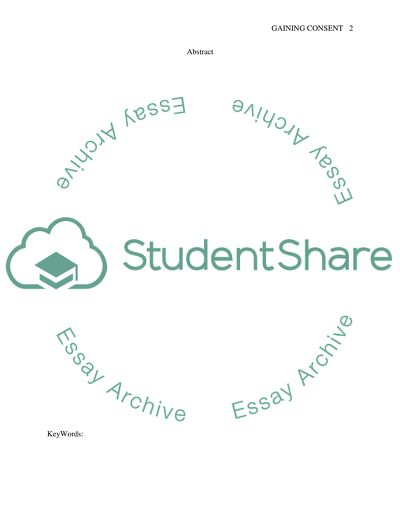Gaining Consent from Patients with Stroke Article. Retrieved from https://studentshare.org/miscellaneous/1505534-gaining-consent-from-patients-with-stroke
Gaining Consent from Patients With Stroke Article. https://studentshare.org/miscellaneous/1505534-gaining-consent-from-patients-with-stroke.


